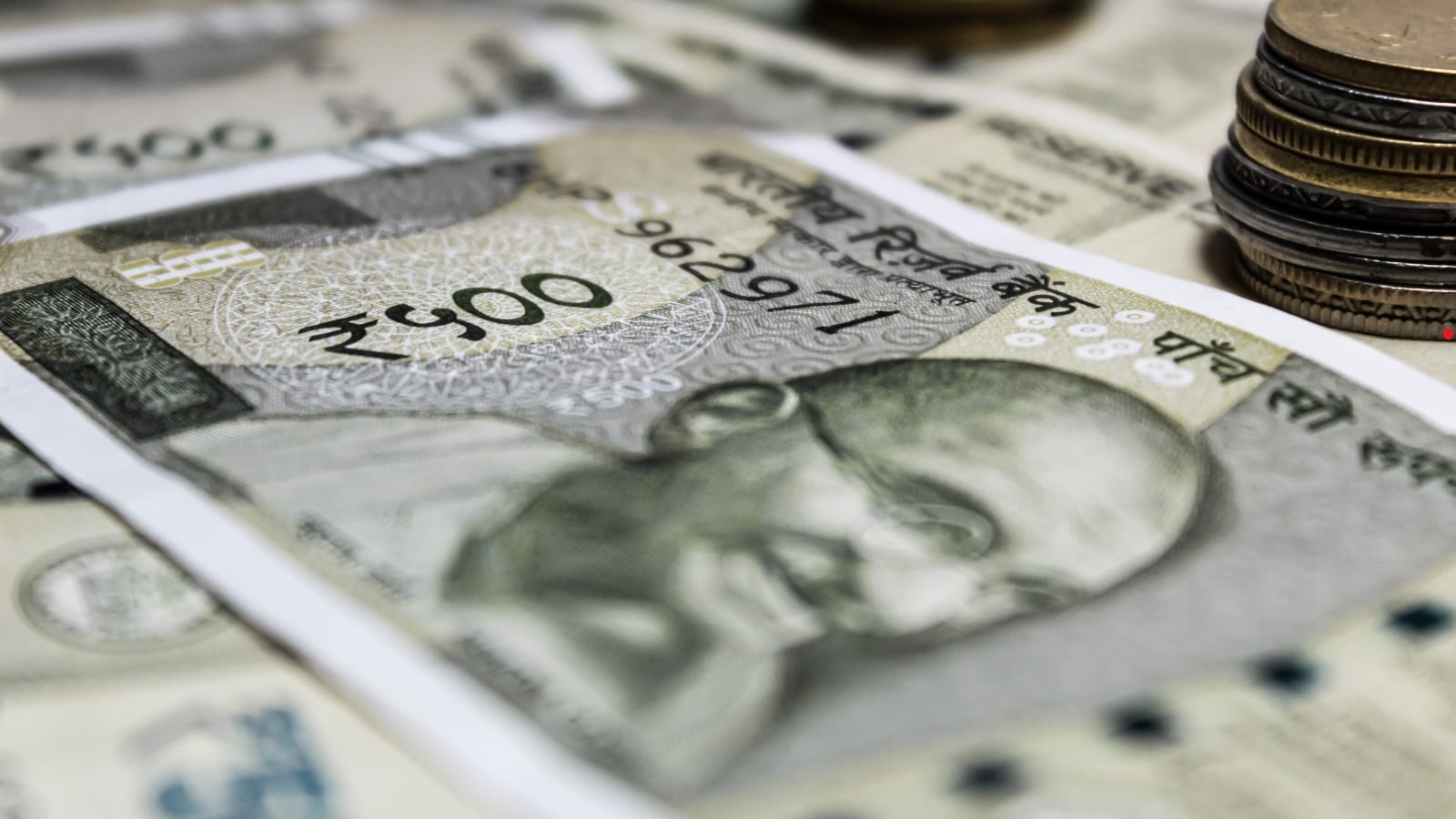
Anticipated DA Hike for Central Government Employees in July 2025
Central government employees are closely monitoring the timeline for the July 2025 dearness allowance (DA) hike, which is expected to be announced in late September or October. The 7th Pay Commission, which governs DA revisions, has set the final revision date for December 31, 2025, meaning this will be the last adjustment under its framework. The DA, currently at 55%, is projected to increase by 3-4% in the next revision cycle, according to financial analysts. This hike will take effect retroactively from July 1, 2025, providing employees with much-needed relief against inflationary pressures. While the 8th Pay Commission has been announced, its formal establishment and implementation remain pending, leaving employees reliant on the current commission’s provisions for now.
DA Calculation and Historical Patterns of Announcements
The DA hike is determined using the Consumer Price Index for Industrial Workers (CPI-IW), with the government averaging CPI-IW data from the preceding 12 months to calculate the adjustment. The formula under the 7th Pay Commission is DA (%) = [(12-month average CPI-IW – 261.42) ÷ 261.42] × 100, where 261.42 represents the base CPI-IW from 2016. Historically, the July DA hike has been announced in October or September, with the 2022 revision being a notable exception. This pattern suggests the 2025 hike is likely to be declared in late September or near Diwali, though the exact date remains subject to government schedules.
Salary Impact and 8th Pay Commission Delay
A 3% DA increase would translate to a monthly salary boost of approximately Rs 540 for entry-level employees with a basic pay of Rs 18,000. For higher-paid staff, such as those earning Rs 30,000 monthly, the allowance would rise from Rs 9,990 to Rs 10,440, reflecting a tangible improvement in purchasing power. Meanwhile, the 8th Pay Commission, announced in January 2025, faces delays in finalizing its Terms of Reference and member appointments. Financial experts predict its implementation could be postponed until late 2026 or 2027, leaving employees to navigate the current framework until then.
Financial Implications and Fitment Factor Projections
The potential reforms under the 8th Pay Commission could significantly alter the pay structure, with a fitment factor of 1.8 possibly adopted to adjust basic salaries. This could elevate the minimum pay level from Rs 18,000 to Rs 30,000 per month, impacting around 3.3 million central government employees. The fiscal cost of these changes is estimated at 0.6-0.8% of GDP, equivalent to Rs 2.4-3.2 lakh crore, with Grade C staff benefiting most due to their large workforce share. These projections highlight the growing financial burden on the government while addressing employee demands for better compensation.
Long-Term Impacts and Employee Expectations
The delayed formation of the 8th Pay Commission has sparked concerns among employees about the sustainability of the current DA framework. While the 7th Pay Commission’s final revision is set for 2025, the lack of a clear timeline for the new commission has created uncertainty. Employees are hopeful that the upcoming DA hike will provide immediate relief, even as they await broader structural reforms. The government’s approach to balancing fiscal responsibility with employee welfare will be critical in shaping the future of public sector salaries. As the July 2025 hike approaches, the focus remains on ensuring fair compensation amid rising living costs.




